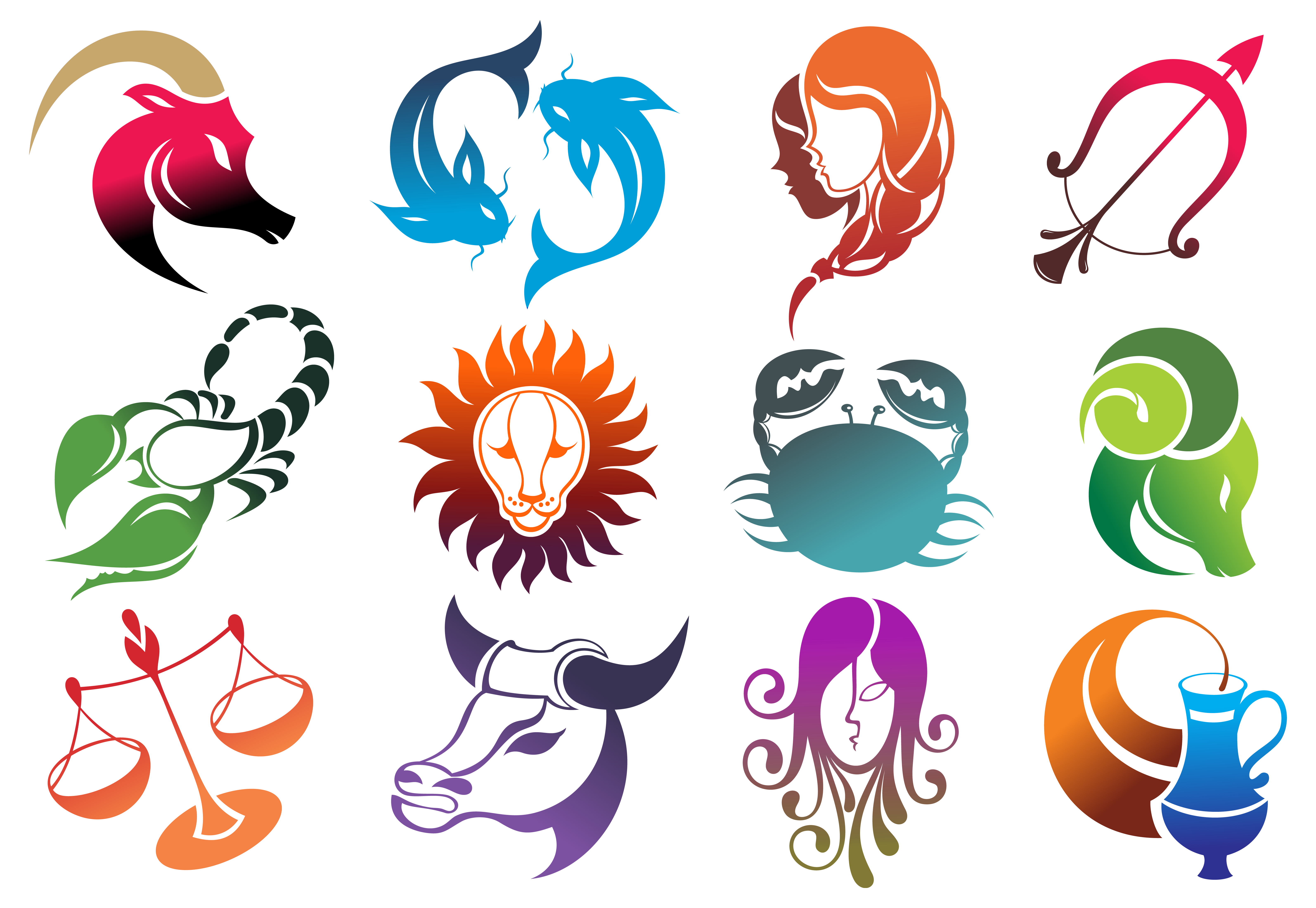


This goes to show how much the people of Greece loved Diogenes, and appreciated the humor he found in life. The people, however, were still concerned with giving him a proper burial, and even erected a marble statue of a dog in his memory. As for his burial, he wanted something simple: to be thrown outside the Corinthian gates and left to be eaten by wild animals. There are many stories regarding the nature of his death, ranging from getting sick from eating raw octopus, to being bitten by a rabid dog, to holding his breath for too long. He was 89 years old, which was probably considered absolutely ancient in those time, and yet he might not have died by natural causes. He spent the last of his days speaking to the masses until his death in 323 BC. He mostly preached to the boys about his philosophy, and soon found a greater audience for his teachings in Corinth. When asked what trades he knew of, Diogenes responded that all he knew was the governing of men, and was thus sent to Corinth to tutor Xeniades’ two sons. During a voyage to Aegina, the man was captured by pirates and sold to a wealthy man named Xeniades in Crete. In any event, Diogenes’ later life remained eventful until the end. In light of this incident, it is known that Diogenes was not against being compared to dogs he often did so himself, saying that, “I fawn upon those who give me anything, and bark at those who give me nothing, and bite the rogues.” It is even possible that his philosophy was named for his love of dogs, as the word “cynic” is closely related to the Greek word for “dog.” In response to this, he lifted his leg and urinated on them. There is even a tale that says a group of banqueters were mocking Diogenes, throwing him bones and comparing him to a dog. He was also known to walk around the marketplace near his home carrying a lantern and shining it in the face of random people, claiming to be looking for an “honest soul.” His love for honesty and questioning societal norms is also the reason that he urinated and ate in public, claiming that anything natural that can be done in private should be able to be accessed in public as well. Diogenes saw manners as being a form of lying to oneself, and he as a person placed importance on honesty. It also promoted the changing of societal norms and taboos as well as brutal honesty, another term for flat-out rudeness. Cynicism emphasized the importance of a life without the materialistic nature of the Greeks at the time and embraced living one’s life in poverty. This is when he began developing his own philosophy eventually known as Cynicism. He made for himself a comfy life living in a barrel outside of the Temple of Cybele. Diogenes took these teachings to another level, rejecting pretty much all of his possessions and committing himself to a life of homelessness. His focus was on the importance of living a life of asceticism, or an avoidance of all pleasures in life, and minimalism. He found his way to Athens, where he was drawn in by the teachings of the philosopher Antisthenes. Coins produced that were labeled with the name “Hicesias” were found that were destroyed by a chisel stamp, and as a result of the crime of defacement, Diogenes was thrown from the city. It is likely that Diogenes was trained in the profession by his father, and that the two may have even got into a bit of trouble. There is little known about his early life, except that his father was named Hicesias and he worked as a banker. Diogenes was born in 412 BC in the colony of Sinope in what is now Turkey. Nevertheless, the history of this man is one that everyone deserves to know, as it can serve to bring a bit of humor into anyone’s life. It doesn’t help that Diogenes left no first-hand accounts of his life to backup any facts.

Much of what we know about Diogenes’ life is given through third-person accounts, and may have been shifted more towards fiction than reality by the writer.

His life, lived following his own philosophy, has become known for being quite eccentric and may not be completely based in truth. Diogenes of Sinope was one of the founders of the philosophy known as Cynicism, which rejects societal norms in favor of living life in accordance with nature in order to achieve freedom and virtue. There is, however, one name that most people do not recognize: Diogenes. As far as ancient Greek philosophers go, there are many names that stick out in history: Plato, Aristotle, Socrates.


 0 kommentar(er)
0 kommentar(er)
